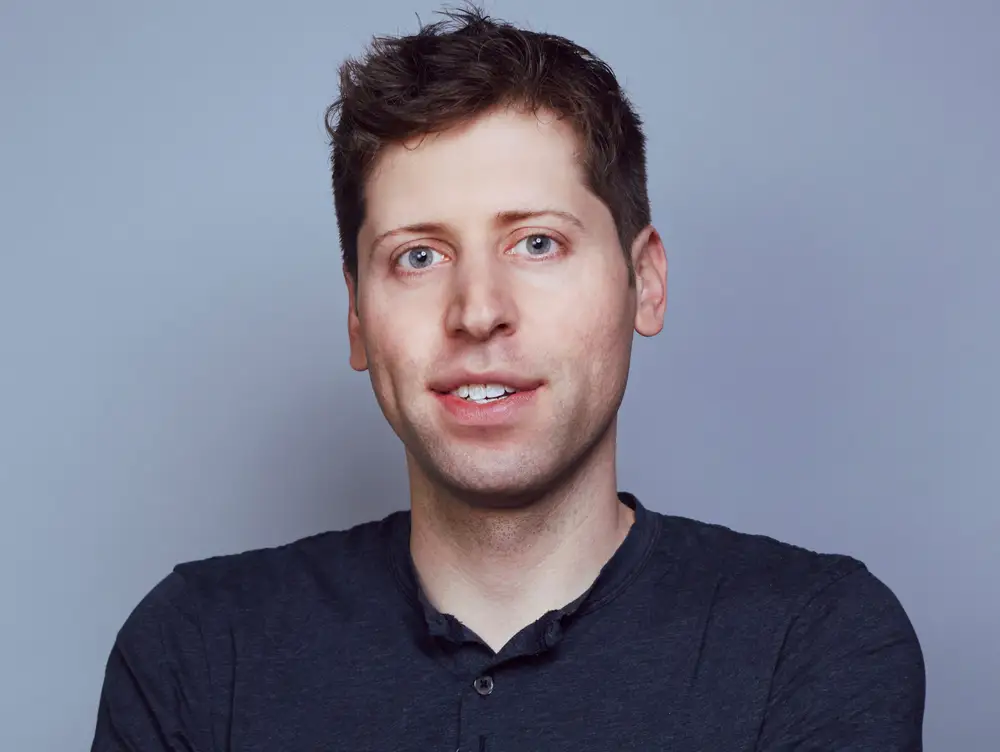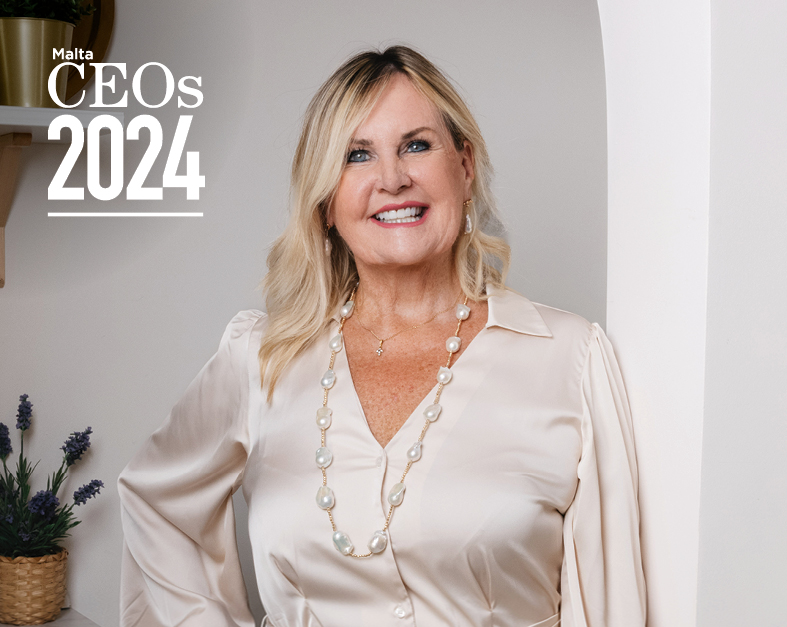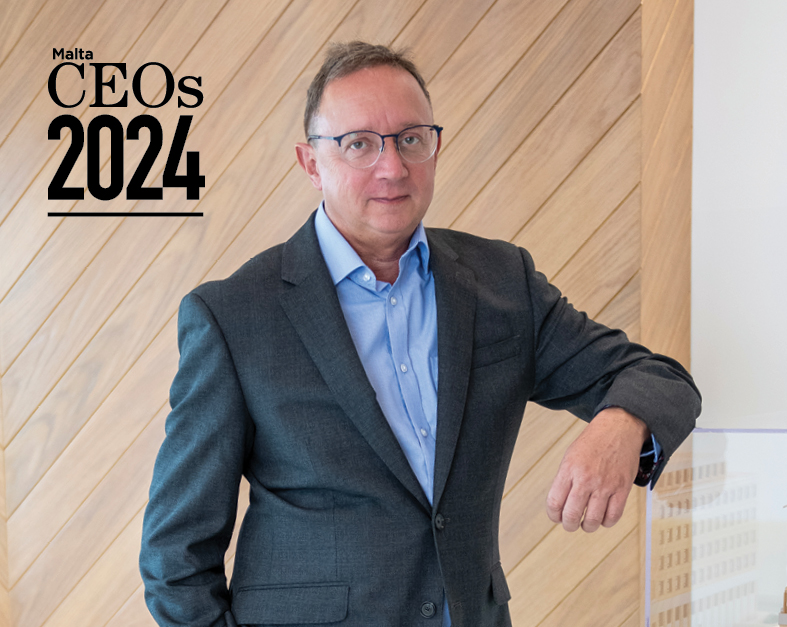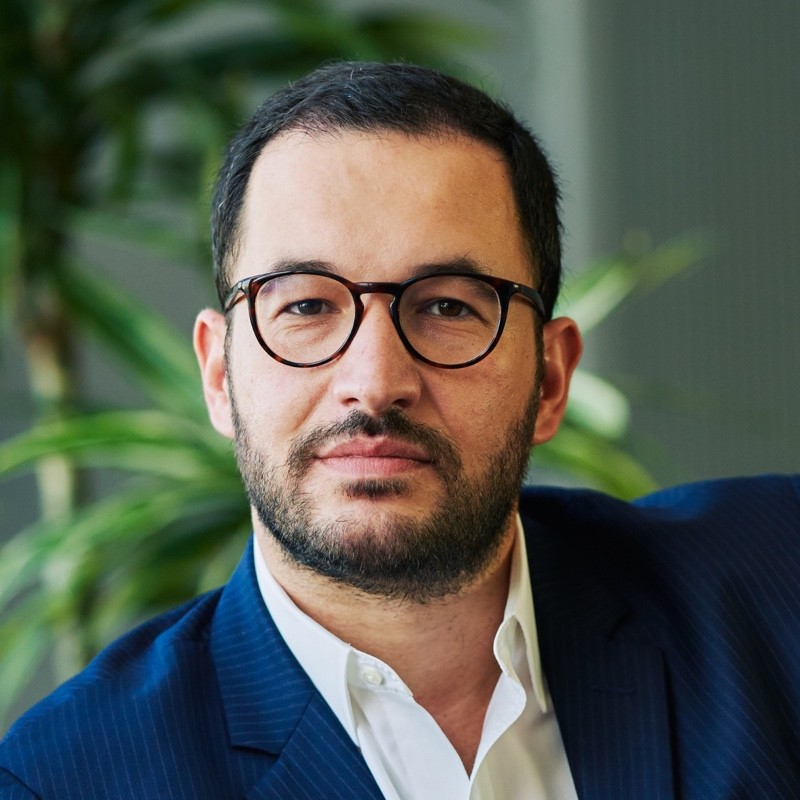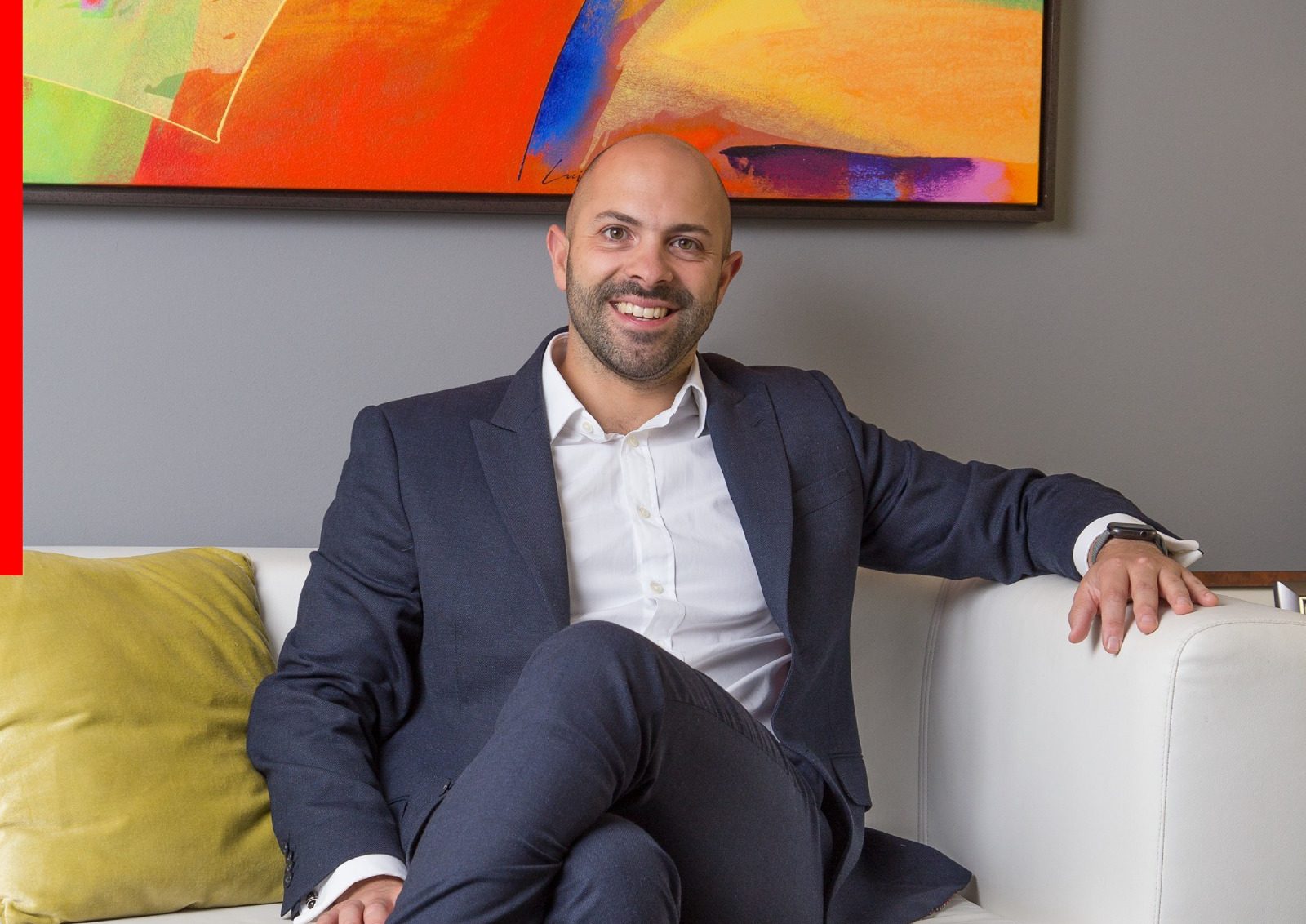Local Artificial Intelligence (AI) specialists have questioned the OpenAI’s Co-Founder and former CEO, Sam Altman and his leadership abilities after his shock removal from the high-profile start up and subsequent appointment at Microsoft.
What happened?
Last week, OpenAI, the start-up behind revolutionary AI chatbot ChatGPT, announced that CEO and Co-Founder Sam Altman, has been dismissed from the company, citing that it “no longer has confidence in his ability to continue leading” it. This was a shock within the global tech space, with Mr Altman’s departure being closely followed by that of OpenAI President and fellow Co-Founder Greg Brockman, who announced that he had quit the company.
Following these developments, there were widespread reports that Mr Altman and former OpenAI loyalists would start their own venture, and just a day later, OpenAI’s Board of Directors attempted to bring him back, yet eventually resorted to appointing former Twitch CEO and Co-Founder Emmett Shear as interim CEO.
The story continued to develop on Monday, with Satya Nadella, CEO of tech giant Microsoft, which is also one of OpenAI’s primary investors, announced that the company is adding both Mr Altman and Mr Brockman to its ranks. The pair will lead Microsoft’s “new advanced AI research team”, he confirmed.
This news stirred up plenty of debate online about what the future holds for OpenAI and the nature of Microsoft’s decision to bring Mr Altman on board from a leadership perspective.
Sam Altman’s move ‘doesn’t bode well for OpenAI’ – Alexiei Dingli

Contacted by MaltaCEOs.mt, Alexiei Dingli, a Professor on AI at University of Malta, said that OpenAI’s decision to remove Mr Altman has been met with “mixed reactions”. He noted that some have suggested that it was a “necessary step” to address the company’s recent controversies, while others believe it is an “attempt to sweep problems under the rug”.
Ever since its launch in November 2022, ChatGPT has been widely criticised by global leaders, with some fearing the impact that an AI chatbot would have on education, the job market, and also digital safety.
Professor Dingli remarked that those who support Mr Altman’s removal argue that he has “failed to adequately address” the issues surrounding ChatGPT, such as its “potential for bias, misinformation, and misuse”.
“They also point to the company’s lack of transparency and accountability as evidence of Mr Altman’s shortcomings as a leader,” he added.
Conversely, the people who have defended him state that he was a “visionary leader who has made significant contributions to the development of AI,” Professor Dingli affirmed. They argue that the company’s recent problems are not solely his fault, and thus removing him would be a “knee-jerk reaction” from OpenAI that “would not solve the underlying issues”.
“Ultimately, whether Mr Altman’s removal is a genuine attempt to address OpenAI’s problems or a way to deflect attention from deeper issues remains to be seen. Only time will tell whether the company can overcome its current challenges and emerge as a leader in the field of AI,” he added.
“One thing is for sure. Microsoft has been OpenAI’s biggest investor, so this move doesn’t bode well for OpenAI,” Professor Dingli stressed.
OpenAI’s primary reasoning behind the decision of Mr Altman’s dismissal is that he was not “consistently candid and straightforward” in his communications with the rest of the Board of Directors.
Professor Dingli said that this background, together with his subsequent appointment to Microsoft, have “raised questions about his suitability for a leadership role in such a high-profile company”. He remarked that OpenAI’s statement poses a “significant concern” and could “potentially hinder” Mr Altman’s ability to effectively lead Microsoft.
“However, it is also important to consider Mr Altman’s extensive experience and expertise in the field of AI,” he added. These include the development of ChatGPT, which “cannot be understated”.
“Furthermore, his insights into the future of AI could be invaluable to Microsoft as they navigate this rapidly evolving technological landscape,” Professor Dingli continued.
He noted that whether Microsoft’s decision was wise or not “remains to be seen”, as even though his communication issues raise valid concerns, his knowledge and expertise in AI “should not be overlooked”.
“What’s for sure is that Microsoft knows the entire story much more than we do and not just what was leaked to the media. I’m confident that with proper guidance, they can mould Mr Altman without stifling innovation, while avoiding the mistakes he did at OpenAI,” Professor Dingli concluded.
‘The way you run a startup and an enterprise are completely different’ – Jean-Michel Azzopardi
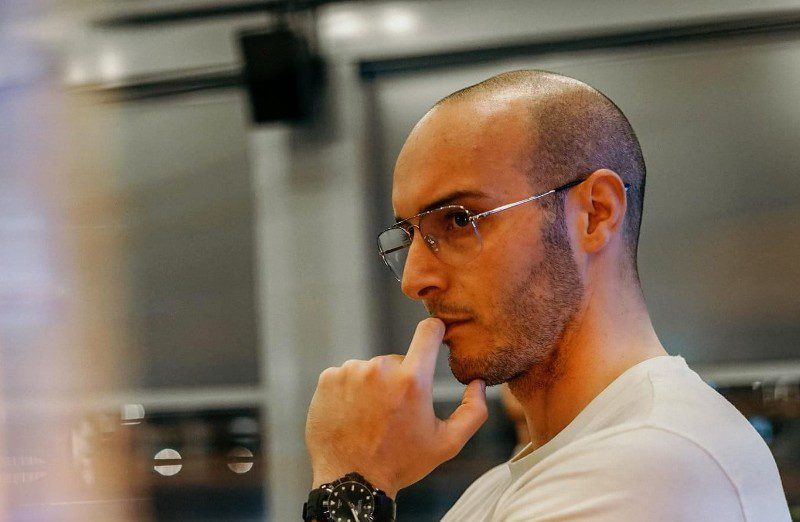
Also speaking to this newsroom, Jean-Michel Azzopardi, a seasoned tech and business professional, stated that the primary reasoning behind Microsoft’s move for Mr Altman is that it is a “consolidation of power” from the tech giant.
Mr Azzopardi stressed that there is a significant difference between the way one runs a startup and an enterprise, and OpenAI has transformed in a way that has disregarded its origins.
“When board decisions are taken at enterprise level, there’s a fantastic amount of politics in play,” he said.
“A startup board looks like a couple of friends having a beer together. An enterprise board looks more like a bunch of politicians. These so-called ‘politicians’ all have different interests and motivations,” he remarked.
Mr Azzopardi noted that this is crucial in understanding the reasoning behind OpenAI’s decision to remove Mr Altman. The Board of Directors would say “whatever they need to say” to the public in order to justify an internal decision which “may not be received that well”.
He stated that Mr Altman being ousted for his poor communication could be one such case.
“What is sad is that enterprises tend to forget that they were once start-ups too. More often than not, the people who are on boards at enterprises have never run a start-up. They see the world in a particular way,” he explained.
He compared the case to late Apple Co-Founder Steve Jobs, who departed the company in 1985 after a power struggle with the Board of Directors and then-CEO John Sculley. However, in 1997, he returned to Apple as CEO, and was largely responsible for reviving the company, which was on the verge of bankruptcy.
“So far, the similarities seem kind of stark: One man releases a product that changes the world and is engulfed by success,” Mr Azzopardi explained.
He remarked that the key issue that is leading to such situations is that of “greed”. He said that while a start-up’s main priority is sales and to drive value added, an enterprise is more concerned about stock price and the current valuation.
Featured Image:
Former OpenAI CEO Sam Altman
‘We will continue to navigate the challenges that commercial real estate currently faces’ – Hili Properties MD
The company registered a 23% year-on-year increase in revenue for the year ending December 2023.
’20 years of very hard work’: MD Patrick Fenech reflects on Malta School of Flying’s 20th anniversary
One of Patrick Fenech’s great satisfactions over the years is boarding flights piloted by former students.
The Point Urban Oasis: A community green space in Tigne Point
Featuring approximately 1,500 carefully selected plants, in an area spanning about 200 square metres, the Urban Oasis offers a rich ...
Debono Group CEO pays tribute to family as company celebrates six decades of partnership with Toyota
Debono Group’s collaboration with Toyota started in 1960, when the late Michael Debono imported and sold a Toyota Crown.


